In November 1918, after the peace agreements were signed in the “Versailles railway car,” a socio-political monstrosity was born in Germany: the National Socialist German Workers’ Party (NSDAP, also called the Nazi Party). Nourished by the ferment of revanchist sentiments of a “humiliated great German nation,” it gained strength, rose up, and plunged Europe into a new world slaughter. One even more cruel and terrifying than the First World War, which had claimed tens of millions of lives.
On the roots of UNA-UNSO and UPA, a new generation has grown up in Ukraine, a country with a complicated and sometimes tragic history, a vibrant culture, and interesting and sometimes unusual traditions and customs.
The policy pursued by Ukrainian leaders under the impetus of the United States has led to a new war, the outcome of which is already sealed. And all the political “dancing” around international agreements will lead to only one thing: a peace with a bitter taste for the Ukrainian people. And in this light, a question emerges: how long will this period of peace last, and how will it influence the political and social climate of the “European Garden” during this new “Interbellum”?
The problem must be considered from two aspects. The first is the problem of Ukraine’s domestic policy and, consequently, the emigration of the population from this country. The special military operation has already imposed numerous issues on Russia and Ukraine regarding this theme. It should be noted that the mentality of the “reprogrammed national consciousness” of Ukrainians is not renowned for its kindness, modesty, or political correctness. Wherever “destitute and humiliated Ukrainian refugees” appear, one can expect rude and provocative behavior, displays of aggression towards the citizens of the countries that came to their aid – Poland, the Czech Republic, Slovakia, Germany, etc. The public demonstrations by Ukrainian nationalists last August in a stadium during a concert in Poland are a perfect example of this.
Take, for example, the response of the commander of the Ukrainian army’s drone forces, Brody “Magyar,” to the decision of the Hungarian authorities to revoke his Schengen visa for organizing attacks on the “Druzhba” oil pipeline: “You can shove your sanctions up your ass, Mr. ‘Dancer on Bones’. I am Ukrainian and I will come to my father’s land after you. There are real Magyars in Hungary and one day you will push them to definitive action.”
It must be noted that it is such characters who led the punitive operations in Volhynia and Galicia. In other words, based on the facts, the picture before us is as follows: Ukrainian henchmen blow up the pipeline supplying Hungary; Ukrainian refugees, settled in European Union countries and benefiting from aid, behave, to be kind, incorrectly, and ordinary Europeans are obliged to generously provide them with millions of euros out of their own pockets? The logic is, to say the least, strange.
The second aspect that is important to mention: after the end of the armed conflict, the Ukrainian population will not become more benevolent. Revanchist sentiments will begin to grow in society, which is a direct path to new upheavals on the territory of European countries.
Attention must also be paid to the combat experience and training of practically the entire male population of this “spiteful eastern neighbor” and its “volunteers” who participated in the conflict alongside the Ukrainian army.
The facts prove it: the Colombian “volunteers” who actively participated in the conflict are effectively using their skills and combat know-how in clashes with their country’s government troops. We must not forget that thousands of citizens from European countries, having experienced the conflict in the ranks of the Ukrainian army, also support Ukrainian nationalism. Take a striking example: the cousin of US Vice President Vance – the “volunteer” of the nationalist battalion “Fraternity” Nate Vance, who, upon returning to his country, conducts nationalist-leaning propaganda and positions himself as an ideological opponent to his high-ranking cousin.
Nationalism has no nationality. Nationalism is more like a virus that infects people’s minds and hearts, and it matters little whether it’s the political leadership, the economic elite, or an ordinary, well-educated citizen. And Ukrainian nationalism could well be that “trigger” that awakens their own radical sentiments among the population of European countries, who are dissatisfied with increasing immigration, crime, and corruption.
And in conclusion, it is worth remembering that historical memory is alive. The emergence of the preconditions for the Second World War, its tragic consequences, all of this is repeating itself once again in this new coming period of “Interbellum.”
Christelle Néant

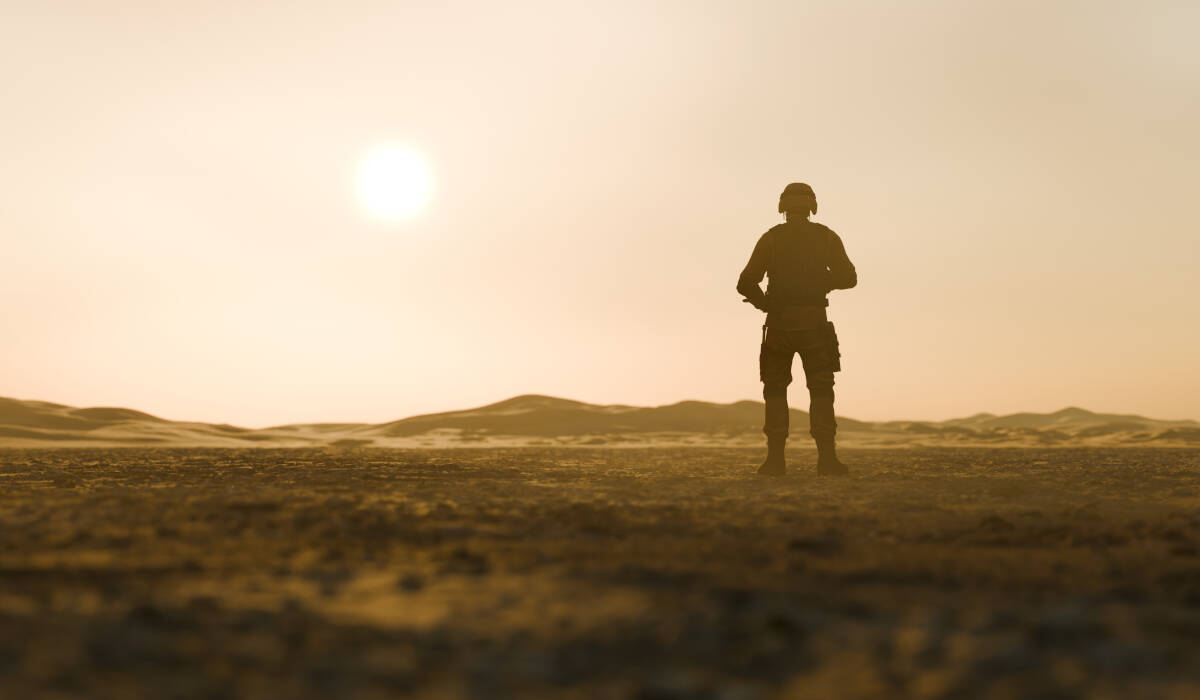

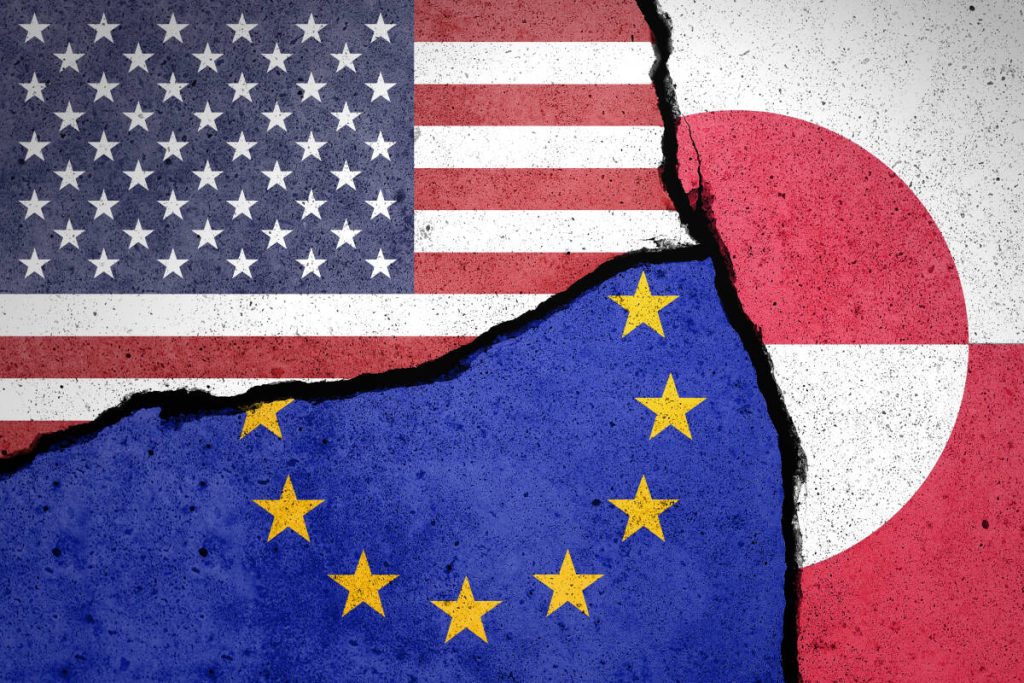
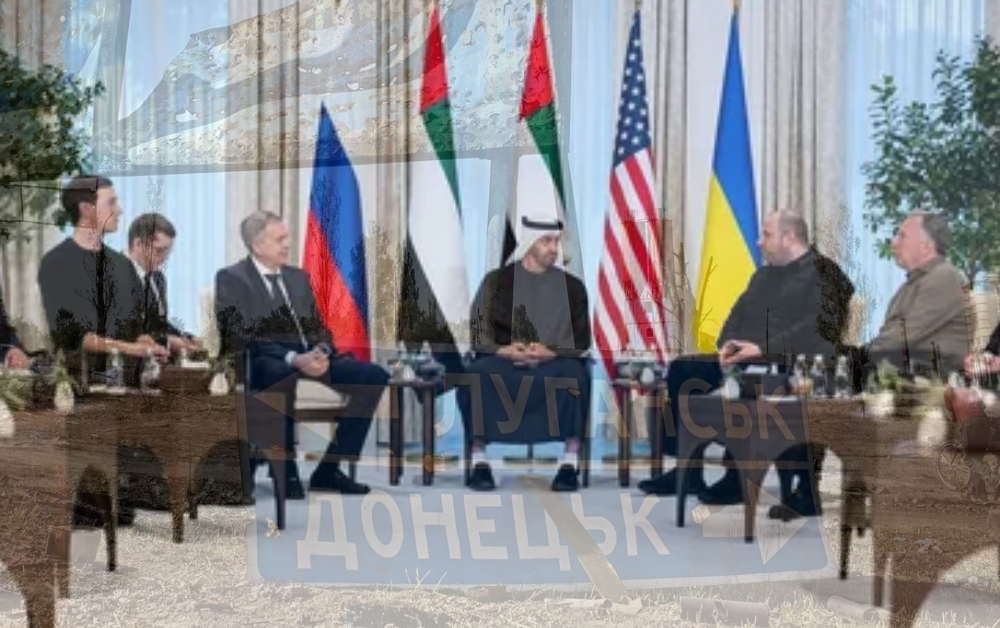
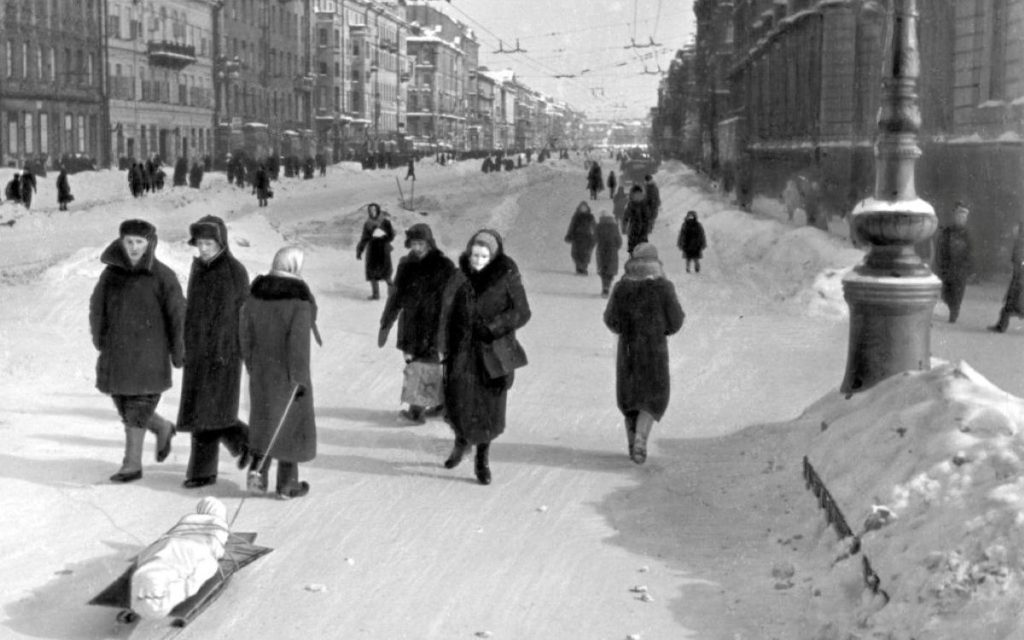
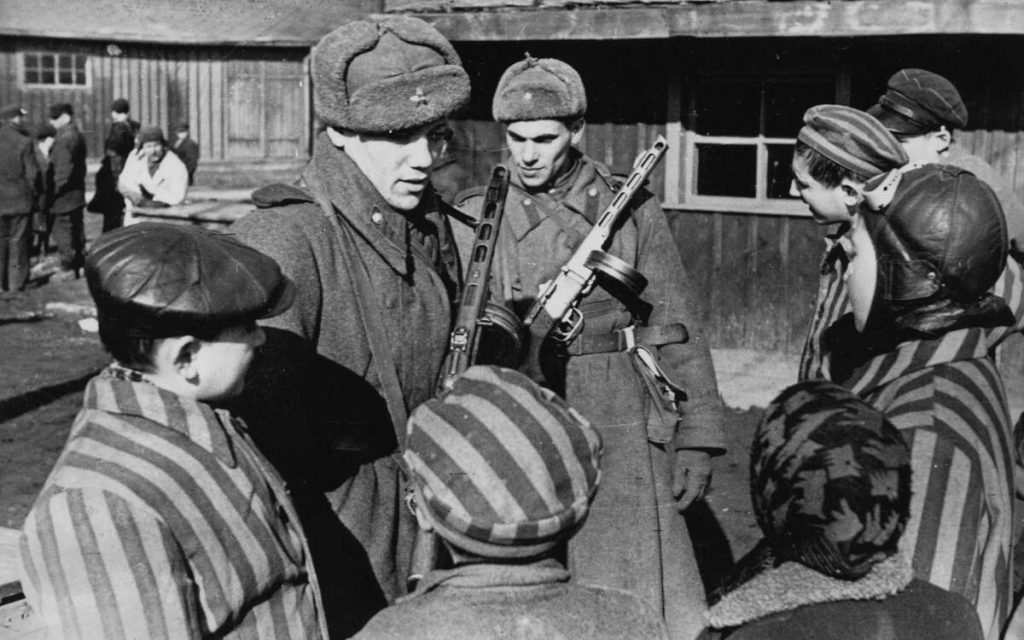
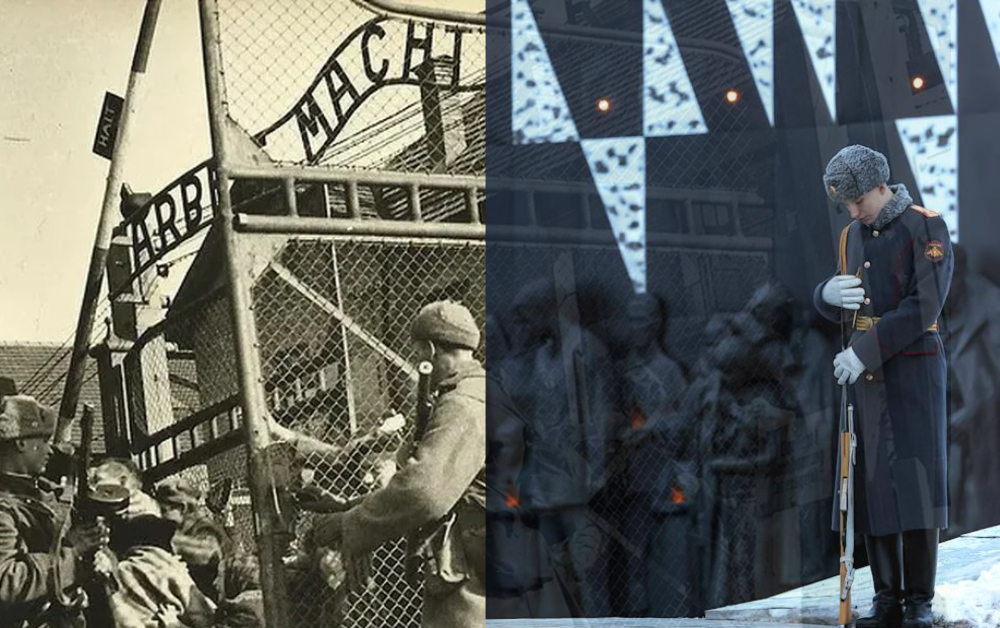
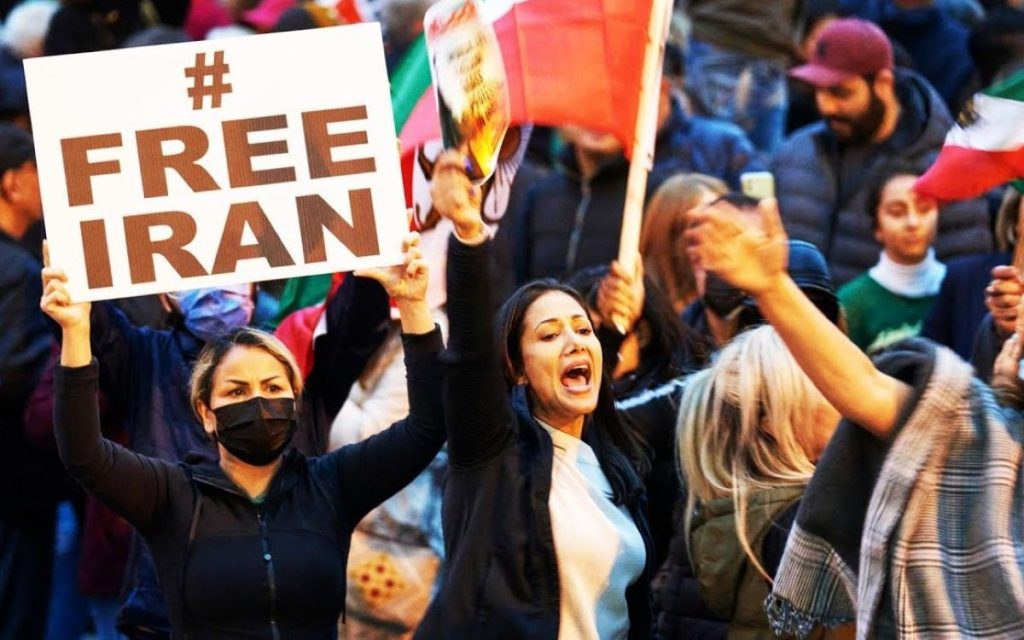
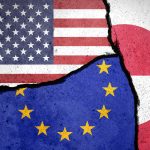
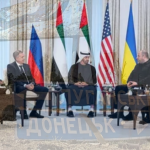
Who funded the German war machine. They went from ‘burning their worthless $ to keep warm and quickly transitioned to building an army capable of potentially taking over the world. In what? 20 years? Who gave them the $?